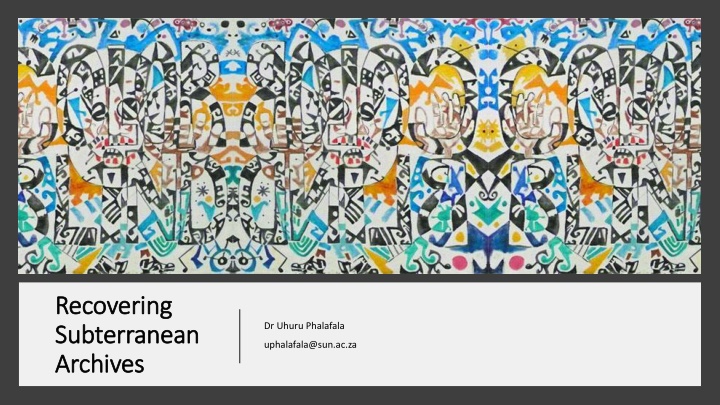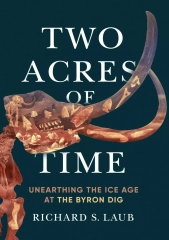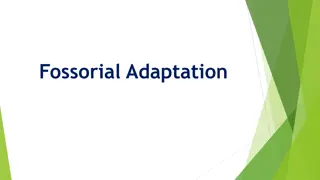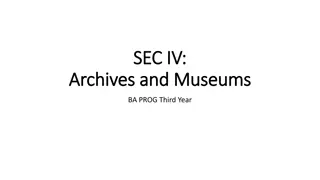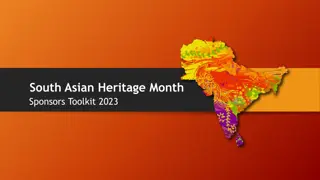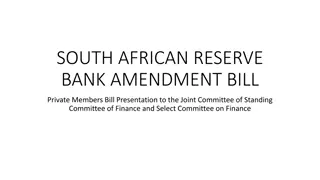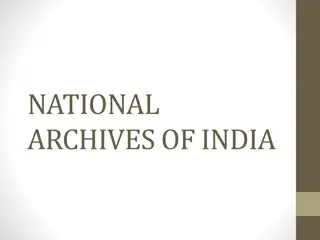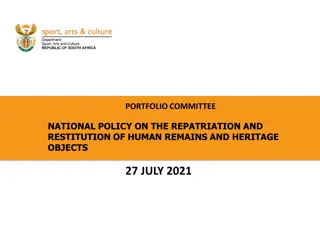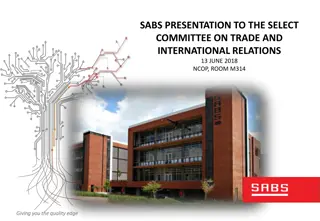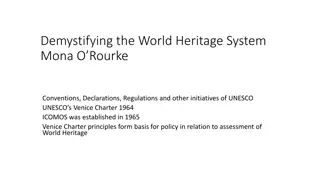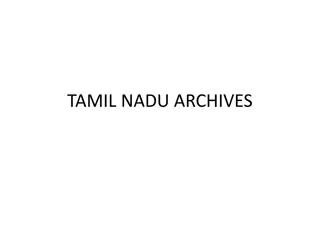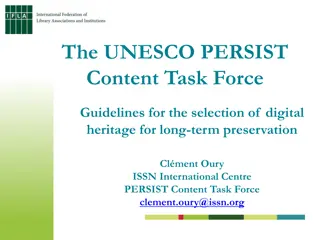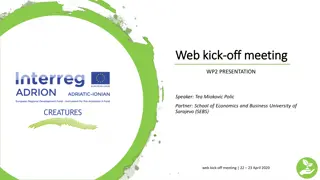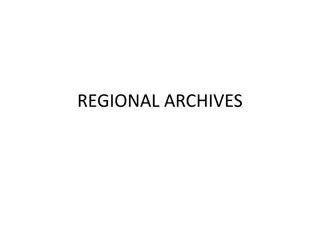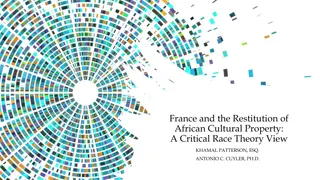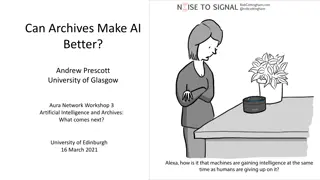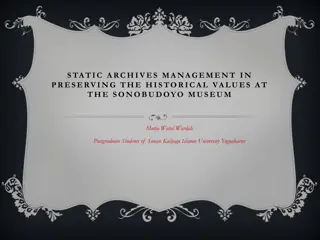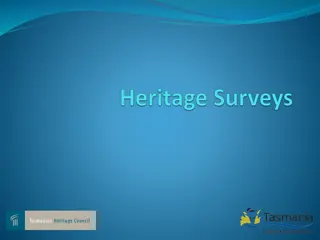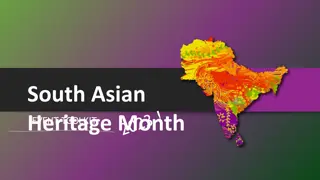Recovering Subterranean Archives: Unearthing South African Cultural Heritage
This project focuses on recovering, repatriating, and reinserting South African cultural artifacts that were suppressed during the oppressive 1960s era. By excavating underground cultural works and incorporating them into curricula, the aim is to heal fragmentation and reclaim lost narratives, especially those of exiled artists. The first year's accomplishment includes republishing the significant anthology "Malibongwe," shedding light on ANC women's poetry in exile and Black Consciousness Movement contributions.
Download Presentation

Please find below an Image/Link to download the presentation.
The content on the website is provided AS IS for your information and personal use only. It may not be sold, licensed, or shared on other websites without obtaining consent from the author.If you encounter any issues during the download, it is possible that the publisher has removed the file from their server.
You are allowed to download the files provided on this website for personal or commercial use, subject to the condition that they are used lawfully. All files are the property of their respective owners.
The content on the website is provided AS IS for your information and personal use only. It may not be sold, licensed, or shared on other websites without obtaining consent from the author.
E N D
Presentation Transcript
Recovering Recovering Subterranean Subterranean Archives Archives Dr Uhuru Phalafala uphalafala@sun.ac.za
Problem Statement Problem Statement 1960s as a period of silence Banning, censorship, jailing and exile of cultural workers The border as a border of knowledge South African culture is deterritorialized everywhere in the world except South Africa Huge gap in our archives and curricula Miriam Makeba and Harry Belafonte win a Grammy Award in the USA in 1966
Recovering Subterranean Archives Recovering Subterranean Archives Recovery is a process of moving from fragmentation or illness to wholeness or wellness Recovery is an act of healing and repairing Subterranean is the underground, that which is not mainstream Recovering the subterranean has to do with excavation and exhuming The method of interviews is an act of healing, or locating the lost parts of ourselves, naming them and seeing our incompleteness without them Aims of Project A. Investigates South African culture in exile B. Repatriates it C. Republishes/reissue it D. Insert it in curricula
Objectives of Project Objectives of Project Recover South African cultural text in exile Reassess theory regarding South African cultural production Reposition South African culture within a robust and generative world-making network Insert the recovered cultural text in curricula
Year 1 of Project Year 1 of Project Republished the anthology of poetry Malibongwe, an anthology of poetry by ANC women in exile A book in and of exile, it was first published in 1981, re-published and translated throughout Europe, but banned by the apartheid regime Its republication re-establishes the place of women artists in the history of South Africa s liberation.
Malibongwe Malibongwe A critical addition to the Black Consciousness movement archive, itself troubled by lack of gender representation Most of the contributors of Malibongwe cut their political teeth in the BCM before fleeing into exile post-Soweto Uprising A very important poem by a Zindzi Mandela is the only text included in the anthology to have come from within the country, via the underground It agitates a reading of BC that is pan-Africanist and certainly Afro-diasporic period, favourably defined through movement and circulation of ideas and people than through the prism of stasis and apartheid parochialism. South African cultural and political production under apartheid challenges notions of border, nation, citizenship, national culture, and more importantly, futurity
